A study on Botox labeled as “groundbreaking” compared the evolution of two identical twins, with one receiving constant injections over 13 years and the other aging as nature intended.
Pictures of the two women, which could easily be mistaken for a miraculous before and after, went viral, with the study’s author triumphantly presenting his results as the ultimate proof of Botox being the definitive anti-aging compound.
The treated twin showed considerably younger skin, with much less noticeable wrinkles on her forehead and around her eyes, which the paper attributed to her receiving up to three doses of the serum for more than a decade.
Netizens, however, were not as impressed, with some dismissing the comparison as the result of factors unrelated to the toxin and others preferring the more natural look of the untreated twin.
“I’m sick of this as being a beauty standard for women,” one reader wrote. “Many of us don’t care about having wrinkles as we age.”
A study compared the cases of two identical twins, one who had bi-annual Botox injections for 13 years, and the other who didn’t. Netizens are divided over the results
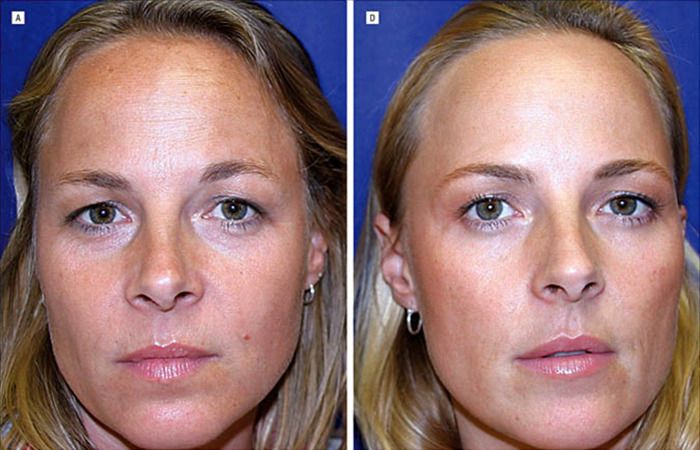
The study, published in the Archives of Facial Plastic Surgery, compared the presence of imprinted facial lines in identical twin sisters, one of whom had received botox treatment in the forehead and glabellar region regularly for 13 years—and one who had not.
Dr. William J. Binder, the study’s author, presented the results as part of his life-long work with the toxin. The plastic surgeon became known in 1992 for using Botox to alleviate chronic migraines. He discovered that the toxin was not only useful in diminishing muscle tension related to the illness but directly inhibited the release of the neurotransmitters responsible for the pain.
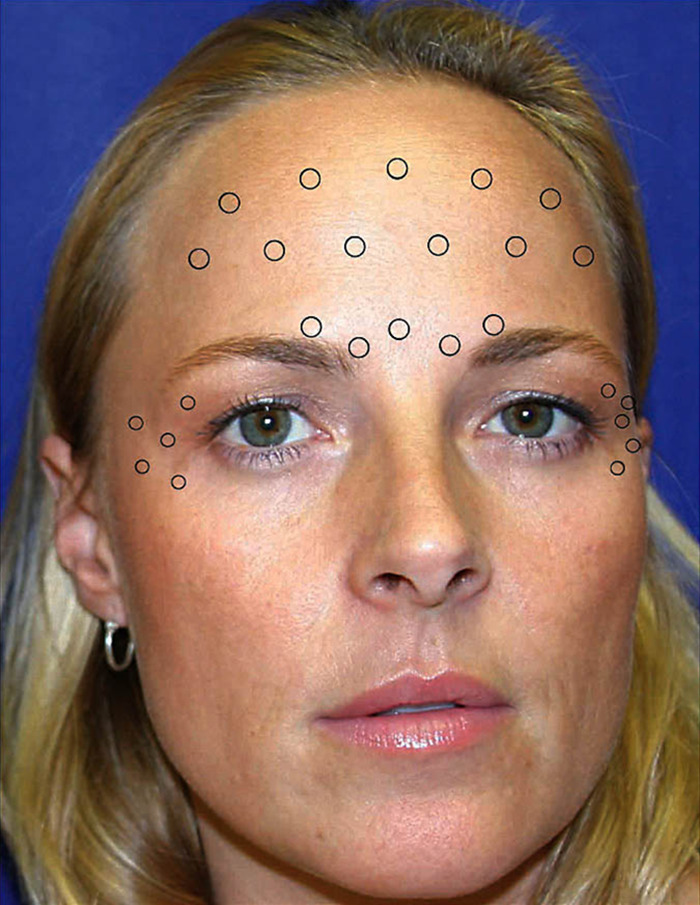
Surprised by the toxin’s potential, he embarked on an ambitious project around 1993, contacting the twins that would become the subjects of his research.
The regularly treated twin received Botox injections approximately 2 to 3 times each year. Conversely, the untreated twin received only two injections in the 13 years the study lasted.
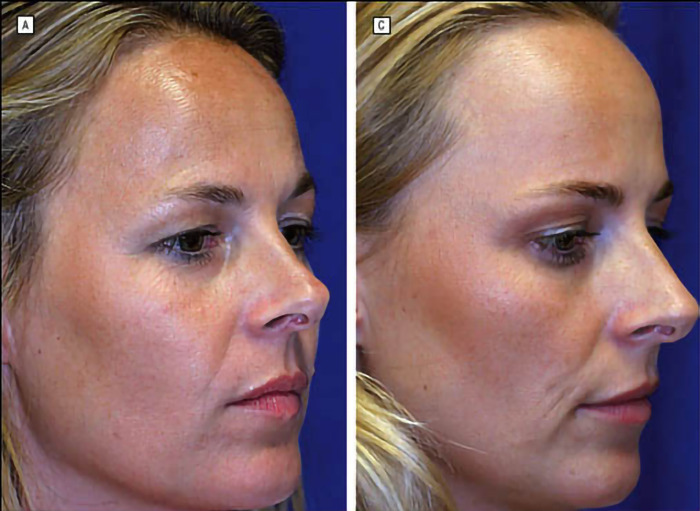
The results were impressive, with the treated twin showing a much lesser presence of facial wrinkles, particularly in the forehead and crow’s feet area compared with her sister. The lack of aging did not show on their nasolabial folds, however, as they were left purposely untreated for research purposes.
It’s important to note, however, that Dr. Binder is a stockholder and consultant to Allergan Inc., the company responsible for the production of Botox—the famous brand associated with the serum.
According to experts, improperly applied Botox can seep into organs such as the eyes and throat, causing impaired vision and problems with eating for up to 4 months
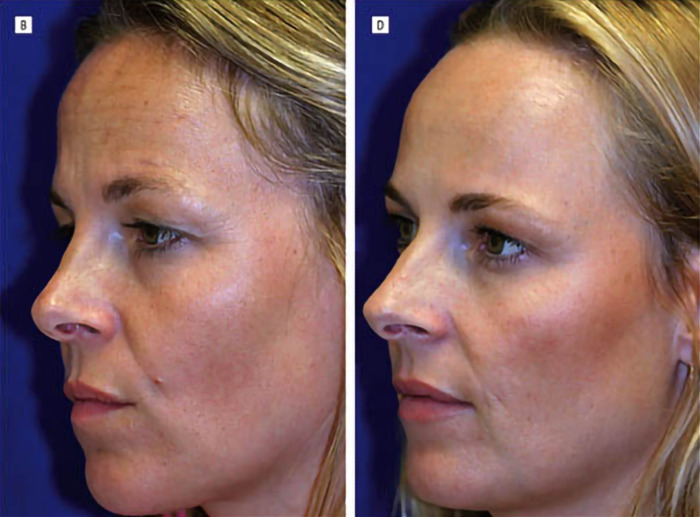
While Dr. Binder reported “no adverse events during 13 years of regular treatment,” members of the plastic surgeon community have warned against the adverse effects of Botox when administered either improperly or in excess.
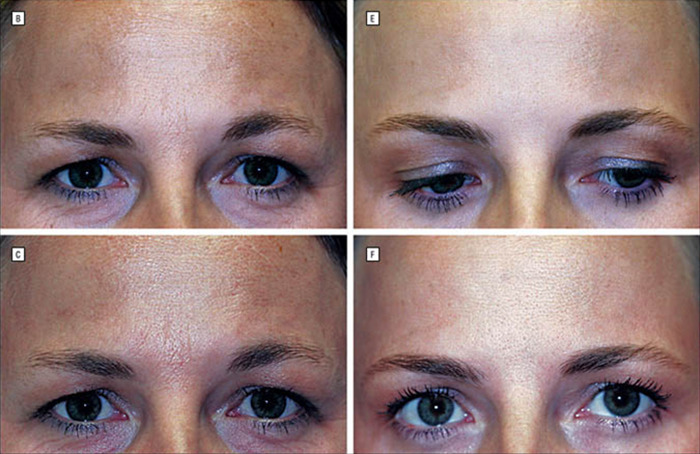
Bored Panda spoke with Camila Atal, a cosmetic and dental surgeon specializing in Botox injections, who emphasized the importance of going to a licensed professional to ensure proper technique.
“There’s always the risk of eyelid ptosis: a condition where the eyelid droops and is unable to open or close,” Atal said, explaining how an improperly administered injection can cause the serum to spread to nearby muscles not targeted for treatment, causing them to become lax.
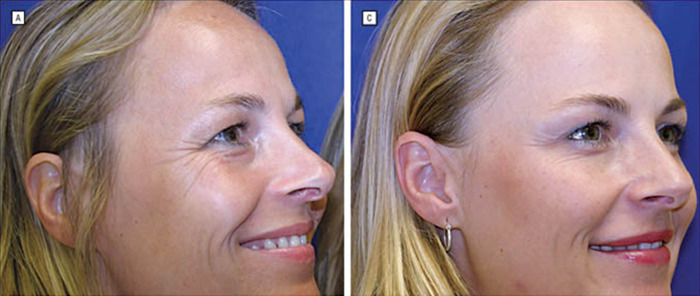
“When this happens, we can try to diminish the effects of the toxin with infrared lasers, but total recovery only occurs once the compound leaves the body in 3 to 4 months.”
Other reported effects are dysphonia, dysphagia, and dystonia, which can cause the patient to lose the ability to speak and swallow and cause muscle spasms that can last for weeks on end.
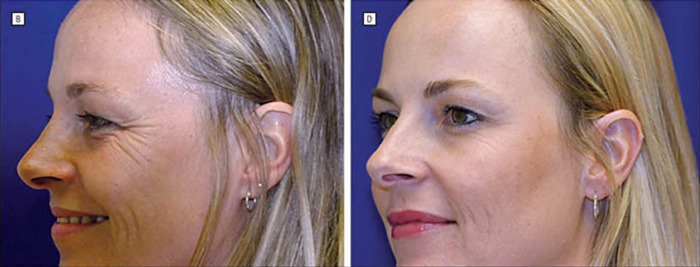
“In the hands of a skilled injector who understands the anatomy of the area, adheres to proper dilution guidelines, and respects safety margins, Botox will continue to be an excellent anti-aging treatment,” Atal said, emphasizing the importance of regular check-ups to ensure the patient’s well-being.
The FDA issued a warning this year after detecting the distribution of counterfeit Botox in the United States, leading to patients being hospitalized
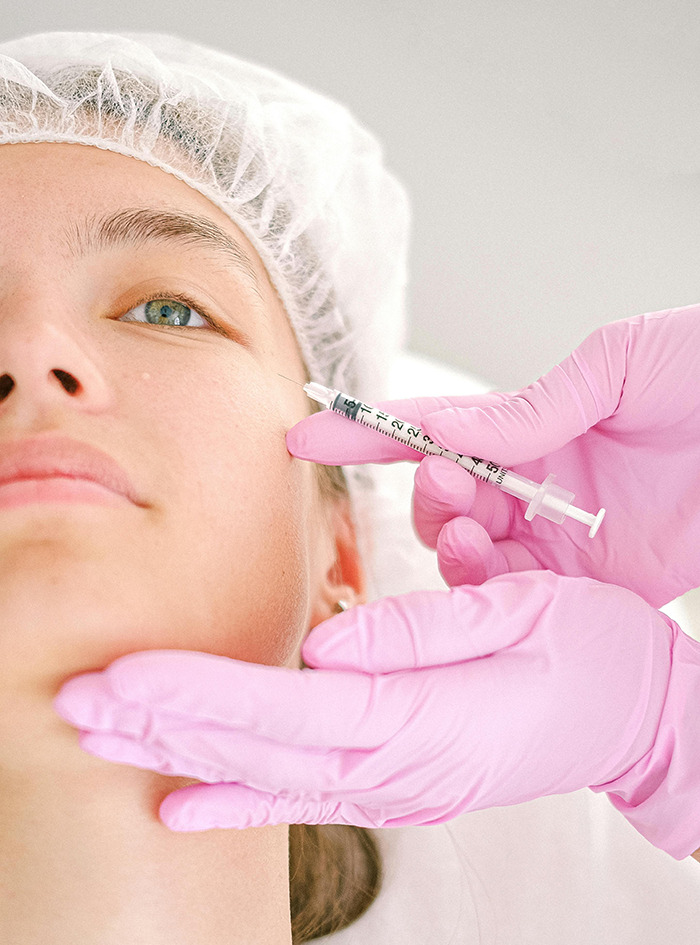
The risks associated with Botox injections have done nothing but increase alongside their popularity.
The numerous benefits of the serum, which include “helping prevent wrinkles from deepening, softening expression lines, and improving the skin’s texture,” according to specialists like Atal, have led to an increase in demand for cheaper, less “legal,” alternatives.

In May, the Food & Drug Administration (FDA) issued a warning for consumers and healthcare professionals, after finding unsafe, counterfeit versions of the toxin in multiple states being administered to users seeking cheaper alternatives.

The “FDA is aware of adverse events, including hospitalizations, linked to the counterfeit Botox,” the statement read.
“Symptoms included blurred or double vision, difficulty swallowing, dry mouth, constipation, incontinence, shortness of breath, weakness and difficulty lifting one’s head following injection of these products.”

According to data released by the American Society of Plastic Surgeons, Botox injections have experienced an astounding increase of 459% from 2000 to 2020, and the numbers show no sign of slowing down, experiencing an annual increase of 5% to 7%.
The report, interestingly, linked the rise to the boom of weight loss medications like Ozempic, as the rapid weight loss caused by such medications results in a decline in skin elasticity.
Netizens reacted with skepticism at the results of Dr. Binder’s research, with many attributing the differences to factors unrelated to Botox

“As a retired facial plastic surgeon, the photos are not equivalent. The twin that received botox are ALL brighter, thus hiding any fine facial wrinkles,” wrote one reader, dismissing the study.
“The multitude of variables involved makes it highly improbable that both individuals experienced identical outcomes unless they shared the same exposure to sunlight, stress levels, etc.” another wrote.
Others expressed concern over the usage of the toxin for such a long period.
“I find it hard to believe that injecting botulism toxin regularly won’t have other serious side-effects. You might look slightly better, but there ain’t no such thing as a free lunch,” a user argued.
“Simon Cowell, Amanda Holden, and Patsy Kensit regularly had botox I believe, and although they looked different with it I wouldn’t say they look youthful,” wrote another.
“Beauty is defined by so much more.”
“They both look beautiful,” wrote one netizen, echoing the sentiments of many who felt the differences were too small to notice

















